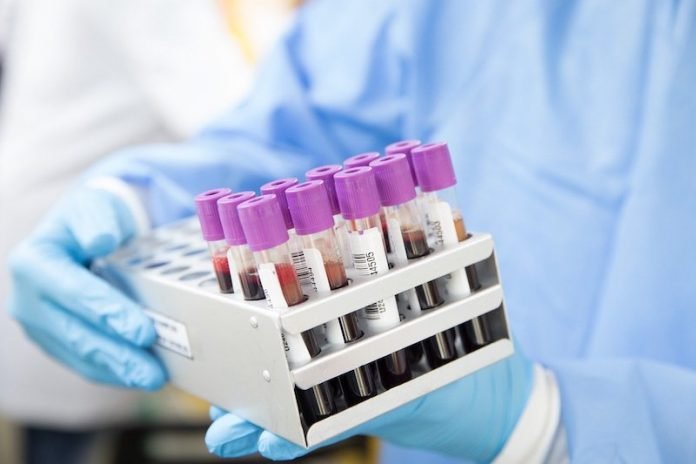
In a new study from Karolinska Institutet, researchers found that magnetic resonance imaging (MRI) could reduce over-diagnoses and thereby improve prostate cancer screening.
They also found that the addition of a novel blood test, the Stockholm3 test, can further reduce the number of MRIs performed by a third while further preventing the detection of minor, low-risk tumors.
Overall, the findings show that they identified the tools needed to be able to carry out effective and safe screening for prostate cancer.
Current screening methods—PSA (prostate-specific antigen) tests combined with traditional biopsies—result in unnecessary biopsies and the detection of numerous minor, low-risk tumors (overdiagnosis).
Consequently, no country except Lithuania has chosen to introduce a nationwide prostate cancer screening program, as the benefits do not outweigh the disadvantages.
In the study, the team found that overdiagnosis could be reduced by substituting traditional prostate biopsies with magnetic resonance imaging (MRI) and targeted biopsies.
Moreover, the addition of the Stockholm3 test, which was developed by researchers at Karolinska Institutet, can be an important complement.
It is a blood test that uses an algorithm to analyze a combination of protein markers, genetic markers and clinical data.
The team found that a novel blood test as an adjunct to MRI can reduce the number of MRIs performed by a third. Compared with traditional screening, overdiagnosis is reduced by as much as 69%.
At the same time, the number of biopsies is halved, while they could find just as many clinically significant tumors.
In the study, participants provided an initial blood sample for PSA analysis and analysis using the new Stockholm3 test.
Men with test results showing elevated PSA levels were then randomly selected for traditional biopsies or MRI. In the MRI group, biopsies were conducted strictly on suspected tumors identified by MRI.
Separate use of the Stockholm3 test and MRI has previously been shown to be cost-effective.
If you care about prostate cancer, please read studies about this daily beverage may lower prostate cancer risk and findings of new prostate cancer test could avoid unnecessary biopsies.
For more information about prostate cancer and your health, please see recent studies about this prostate disease drug may help lower risk of Parkinson’s disease and results showing that this healthy diet may reduce prostate cancer development.
The study is published in The Lancet Oncology. One author of the study is Tobias Nordström.
Copyright © 2021 Knowridge Science Report. All rights reserved.



